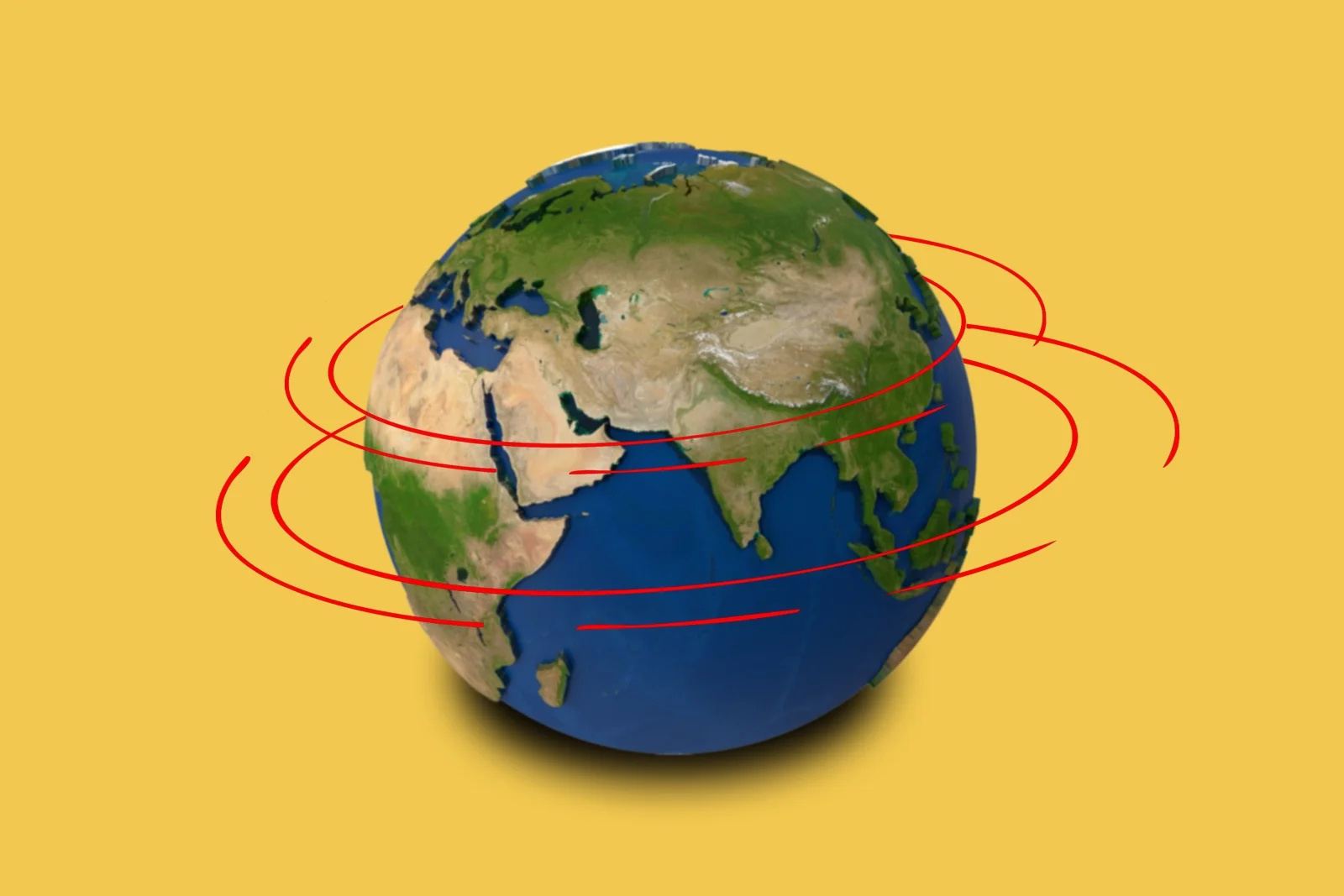
Tech
The Most Powerful Tech Investors You’ve Never Heard Of
Over the past decade, a new kind of global actor has quietly gained traction: the digital diaspora. These are migrant communities—along with their children and grandchildren—who use digital tools to remain closely intertwined with their countries of origin. More than just a social curiosity, digital diasporas are becoming powerful engines of technological innovation, economic growth, and even policy influence in their homelands.
Far from being passive observers, these communities serve as connective tissue between global knowledge hubs and local economies. Their role is essential to understanding how migration, technology, and geopolitics increasingly intersect.
The numbers are hard to ignore. As the World Bank reports, more than 280 million people now live outside the countries where they were born. In 2024 alone, these migrants sent a staggering $630 billion in remittances around the world—a flow of capital no government can afford to overlook.
But remittances are only part of the equation. Increasingly, digital diasporas are also conduits of expertise, startup capital, and political pressure. They’re not just supporting relatives—they’re seeding new industries and influencing regulatory reforms. Their contributions reach beyond economics into the architecture of innovation itself.
For policymakers, this presents both a challenge and an opportunity. Diaspora-driven flows of capital and knowledge must be recognized as strategic levers of national development, not incidental acts of generosity.
So, exactly how do digital diasporas spark innovation back home?
They operate as transnational knowledge bridges, ferrying business practices, tech expertise, and entrepreneurial instincts from their adopted homes to their countries of origin. According to the International Organization for Migration, many diaspora members serve as mentors, angel investors, and policy advisors to fledgling tech ecosystems. Others go further, setting up venture capital pipelines to scale promising local startups.
In this way, diasporas help translate global trends into local solutions. They don’t merely send money—they connect minds, markets, and institutions.
The Brookings Institution underscores this point: governments in the Global South increasingly view their diaspora as a strategic asset, capable of driving entrepreneurship and catalyzing policy innovation.
The transformative potential of digital diasporas becomes even clearer when you zoom in.
Take India. With an estimated 18 million citizens living abroad, its diaspora has played a pivotal role in fueling the country’s tech ascendancy. In 2024, India received over $100 billion in remittances—the highest of any country. That capital helped underwrite consumer spending and early-stage ventures. Meanwhile, diaspora entrepreneurs continue to shape India’s digital infrastructure and push for regulatory modernization.
In China, diaspora networks helped transform cities like Shenzhen into innovation engines. Diaspora-led investment has significantly fueled sectors such as artificial intelligence and telecommunications. Some estimates suggest up to 20% of China’s private tech capital is linked to diaspora channels.
Meanwhile, in Ukraine, the 2022 war catalyzed a burst of diaspora-driven engagement. Ukrainian professionals abroad mobilized to support digital resilience efforts, particularly in cybersecurity and e-governance. A 40% surge in European migration amplified these transnational networks, bringing fresh expertise and resources to bear on Ukraine’s post-conflict rebuilding.
In Ethiopia, diaspora capital and expertise are quietly energizing the country’s tech landscape. Remittances now comprise roughly 4% of GDP, much of it channeled into startups clustered in Addis Ababa’s growing tech parks. International programs are stepping in to formalize these flows through diaspora investment platforms and targeted knowledge exchanges.
Together, these examples illustrate how digital diasporas are reimagining economic development from the outside in.
Digital diasporas are not only economic actors. They are also emerging stakeholders in the global politics of technology.
As countries scramble to build digital economies, diaspora networks can help accelerate the diffusion of innovation and facilitate cross-border policy dialogue. Failing to engage these communities risks falling behind in the global digital race.
Diasporas also wield significant influence through their soft power in international governance. They can shape the rules of the digital road—on everything from data privacy to internet freedom—by advocating in both host and origin countries. These dual identities are increasingly an asset in setting global tech norms.
As one Brookings analysis put it, the modern diaspora is a diplomatic actor as much as an economic one.
What should governments do to harness this untapped force?
First, treat diaspora engagement as a strategic priority—not an afterthought. Countries that want to lead in tech must design policies that encourage diaspora investment, streamline remittance channels, and integrate diaspora professionals into national innovation strategies.
According to the United Nations Conference on Trade and Development, diaspora networks are crucial for attracting foreign direct investment and facilitating technology transfer. Yet, many countries lack the institutional infrastructure to fully capitalize on this potential.
Trust, transparency, and tailored incentives will be critical. Engagement should reflect diaspora diversity—not just in geography but in skills, motivations, and capacity. A one-size-fits-all approach won’t work.
Ignoring this resource means more than missed opportunities. It could also lead to diminished global relevance in a world increasingly defined by transnational connections.
There’s no longer any question whether digital diasporas matter. The evidence is overwhelming: they are reshaping how countries grow, how governments govern, and how ideas circulate.
The real question is whether national leaders can move fast enough to tap this potential. Because the global digital order is taking shape now—and those who mobilize their global citizens will define what comes next.
